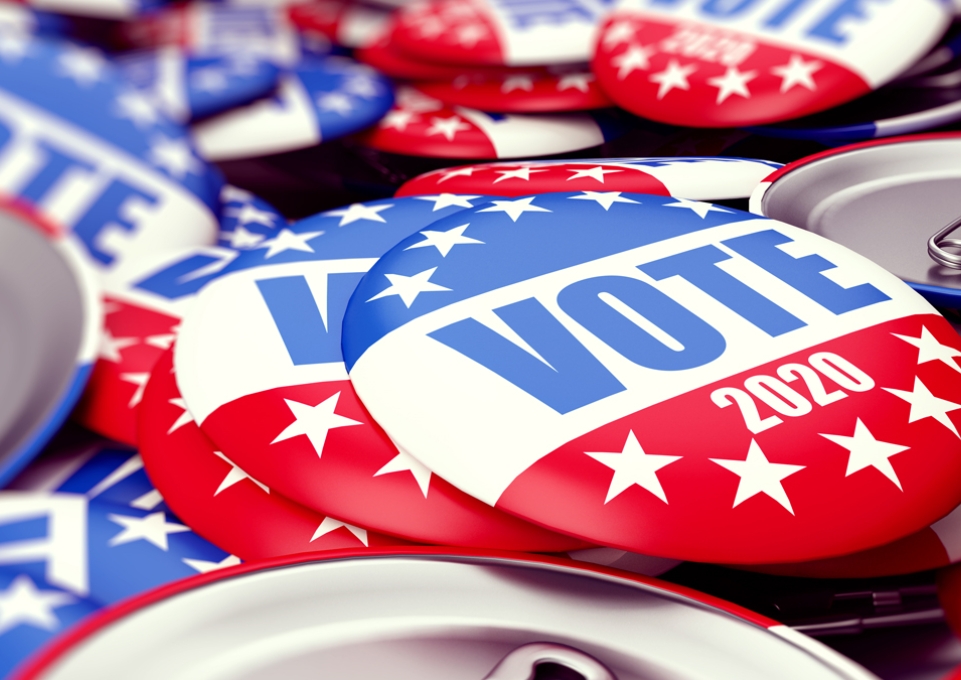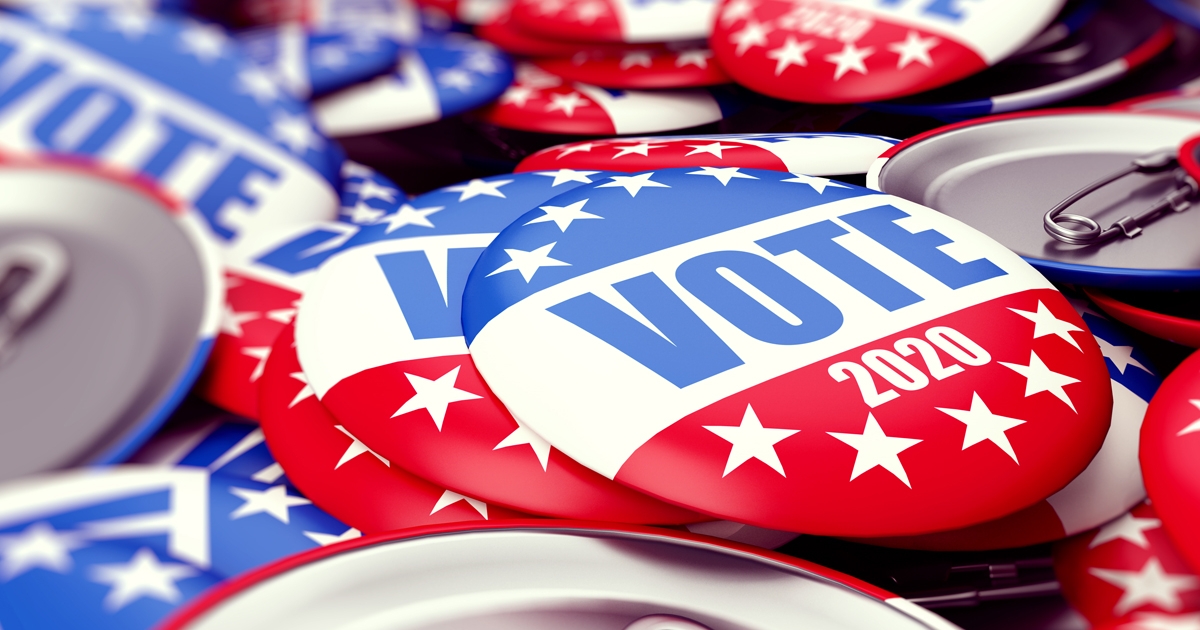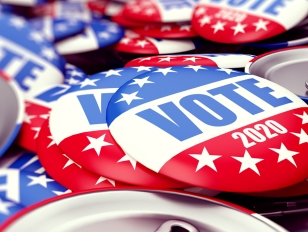

Patrick J. McGovern, PHD
Political Science Department
As we look toward Election Day on November 3, there is a pressing question besides who will occupy the White House in 2021: Will we cast ballots at a polling site or through the U.S. mail?
In this time of COVID-19 social distancing, which some health experts say could continue into the fall, states may opt for the latter.
The extreme partisanship in the country prohibits such a decision at the national level, said Patrick McGovern, an associate professor of political science at Buffalo State College whose research areas include democracy and ancient and modern political thought.
“Even if the House of Representatives were to approve a nationwide switch to vote by mail, it would never make it past the Senate, and President Trump wouldn’t sign it,” McGovern said.
One hurdle is the suspicion, especially among Republicans, that casting votes through the mail will lead to rampant fraud, he said.
Fears of Fraud
“This is a red herring,” McGovern said. “In the European Union and in states such as Oregon that have used vote by mail for a long time, there has been negligible fraud. Your chance of being struck by lightning is greater.”
These states employ a number of antifraud measures, including coded envelopes and having voters’ signatures on file with the secretary of state’s office.
“We trust the postal service for our taxes, our bills, our Amazon packages,” he said. “Why not for our votes?”
The mail-in option would protect voters and poll workers from the coronavirus that, as of April 27, has infected more than 965,000 people across the United States. More than 54,800 people have died. Health experts warn against lifting the social distancing measures they say are responsible for a slight decrease in cases.
“We trust the postal service for our taxes, our bills, our Amazon packages...Why not for our votes?”
States Make Their Cases
Sixteen states and one territory, including New York, have either pushed back their presidential primaries or switched to voting by mail with extended deadlines. After Wisconsin decided to forge ahead with its primary April 7, at least seven people appear to have contracted the coronavirus through activities related to the in-person vote.
Voting by mail is not a new concept, McGovern pointed out. In addition to Oregon, the states of Colorado, Hawaii, Utah, and Washington mail ballots to all registered voters before every election. And California is moving in that direction. Meanwhile, 33 states now allow “no excuse” absentee voting, which means a voter can choose the mail-in option for any reason. This shift has resulted in a jump in voting by mail from 8 percent to 21 percent between 1992 and 2016.
During the current pandemic, leaders in the 13 states that require an excuse, including New York, should eliminate that step in order to allow residents to easily and efficiently cast their ballots, McGovern said.
“Governors have a lot of latitude to get things done in a national emergency like this one,” he said. “It looks like New York State will accept coronavirus as an excuse. We will have to wait and see if this is still in place in the fall.”
Future Forecast
On April 24, New York Governor Andrew Cuomo said he would sign an executive order that would send all registered state voters a postage-paid absentee ballot application for the state's upcoming primary elections in June. He has not yet made a determination about the general election in November.
Along with adding a layer of safety, switching to a mail-in model might increase voter participation.
“States that have mail-in voting have seen an uptick in people voting in local elections,” McGovern said. “It’s easier, so more people should participate. They don’t have to worry about fitting a trip to the polls around their jobs.”
In addition, he said, because more voters are staying home right now, they have more time to study the issues and the candidates and make a thoughtful decision.
“I compare our democracy to that of the ancient Greeks,” he said. “Back then, your excellence was wrapped up in your civic participation. Our excellence and sense of being has been shunted to our jobs.”
However, because of the country’s extreme bipartisanship—which McGovern said began in earnest with Speaker of the House Newt Gingrich’s “Contract with America” during Bill Clinton’s presidency and has heated up during the Trump administration—states that want to move to a mail-in platform should expect a fight. This will be especially true in battleground states.
Even if social distancing measures are relaxed by November, he said, state leaders should prepare for a vote-by-mail option.
“A change like this can be time consuming,” McGovern said. “States should start planning now.”



